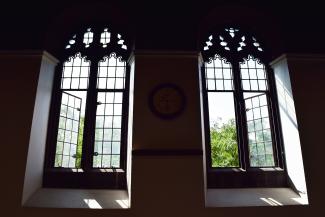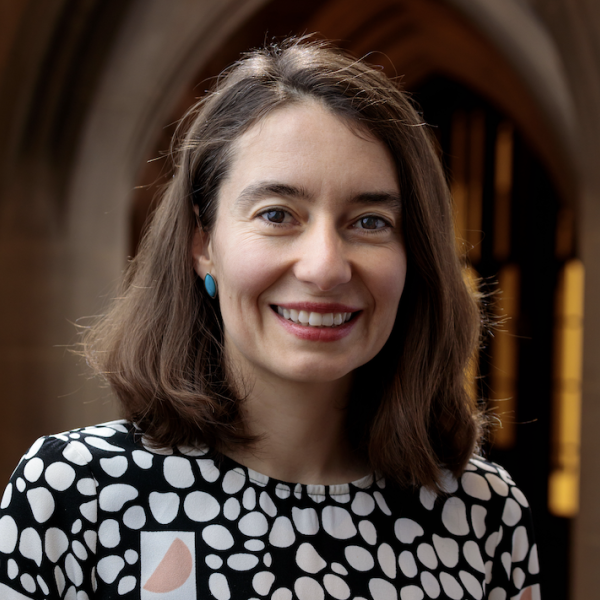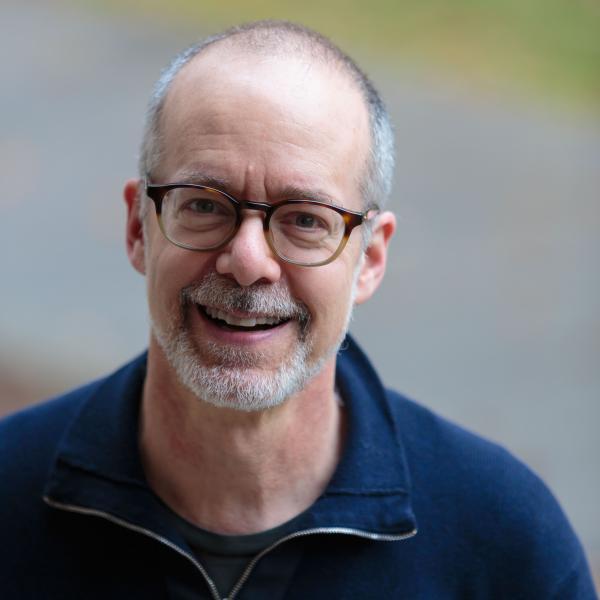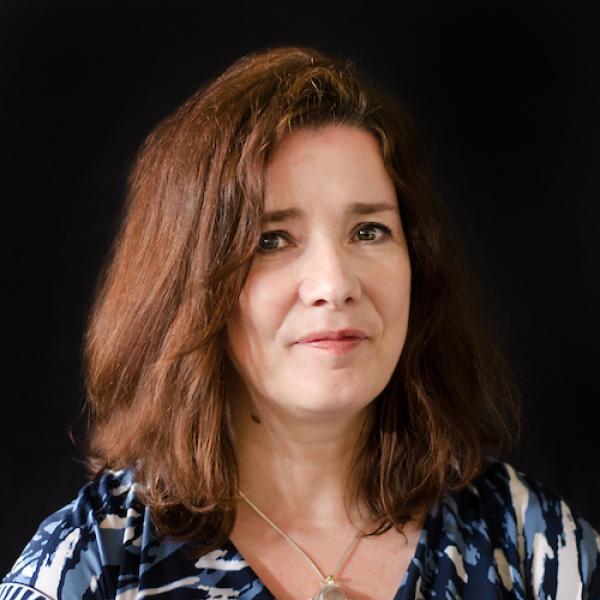
The Department of Germanic Studies at the University of Chicago brings together a wide range of literary and cultural studies. Faculty in the department boast expertise in literary history, intellectual history, literary and cultural theory, the German philosophical tradition, opera, theater and performance studies, cinema studies, psychoanalysis, visual studies, Scandinavian studies, and Yiddish language and literature. MAPH students interested in Germanic Studies may focus all of their coursework in the department. Students may also find relevant coursework in Cinema and Media Studies, Comparative Literature, English Langauge and Literature, Philosophy, Theater and Performance Studies, and Visual Arts.
Selected Faculty
Sample Courses
GRMN 33823 - Fictions of Patriarchy in German Literature and Thought (Sophie Salvo)
In his 1861 study Mother Right, J. J. Bachofen argues that patriarchy is, at is most basic level, fictive. While the mother’s connection to the child is materially perceptible—she gestates, births, and nurses her offspring—the father is a “remoter potency” whose relationship to his progeny, because it is always mediated through the mother, can never be known for sure. Paternity, Bachofen suggests, is a juridical invention rather than a naturally evident fact. Taking its cue from Bachofen, this course will investigate the relationship between notions of patriarchy and fictionality in German literature and thought. We will consider how philosophical texts use the figure of the father to ground their speculative claims, how literary narratives adapt changing ideas about the family and the state, and how concepts of patriarchy have structured thinking about fiction’s function and effects. Readings from: Herder, Schiller, Fichte, Kleist, Bachofen, Hauptmann, Freud, Werfel, Heiner Müller, and Jelinek, among others.
GRMN 35623 - Sexual Disorientation in Freud’s Vienna (Eric L. Santner)
In his Three Essays on the Theory of Sexuality (1905), Sigmund Freud argued that human sexuality is born out of a series of deviations from what would seem to be a naturally given norm. The seminar will take Freud’s Essays as a point of departure for an exploration of the larger literary and cultural world in which his ideas came to fruition. The main authors to be considered: Otto Weininger, Arthur Schnitzler, Hugo von Hofmannsthal, Lou Andreas-Salomé, and Robert Musil. Reading knowledge of German required.
GRMN 36523 - "Motherless Tongue:" Introduction to Transnational Writing in German (Margareta Ingrid Christian)
This course introduces students to contemporary authors writing in German whose texts explore cross-pollinations between languages and cultures. Discussions will center around topics such as: identity; cosmopolitanism; memory; cultural hybridity and alterity; hospitality; guests and hosts; storytelling; migration; what are transnational German Studies? Authors include: the Japanese writer Yoko Tawada who lives in Berlin and writes in Japanese and German; the Romanian-born author Herta Müller (Nobel Prize in 2009); the Black British author Sharon Dodua Otoo who resides in Berlin and writes in German and English; the Ukrainian-German writer Katja Petrowskaja; the Turkish-born writer Feridun Zaimoglu; and others.
GRMN 38523 - Goethe and Kafka: Criticism and Literary History (David E. Wellbery)
This seminar will focus on two novels of unquestionable importance separated by just over a century: Goethe’s Die Wahlverwandtschaften (Elective Affinities) of 1809 and Kafka’s Der Prozess (The Trial), written in 1914-15, but not published until 1925. These works are notable not only for their mysterious depth and narrative complexity, but also for having attracted some of the intellectually most adventurous interpretations in the history of literary criticism. The seminar will consider examples of that criticism from Walter Benjamin’s famous essay on Goethe’s novel and his various pieces on Kafka to recent contributions by Friedrich Kittler, Tony Tanner, Roberto Calasso, and Pascale Casanova.
For an extended listing of classes and descriptions, visit the Germanic Studies course page.
Germanic Studies Specialization
The Germanic Studies Specialization allows students to structure their coursework and thesis around the study of Germanics within MAPH. Students who complete the following requirements will receive a Germanic Studies transcript notation:
- MAPH Core Course (Foundations of Interpretive Theory)
- Three graduate-level Germanic Studies courses in the department at the advanced undergraduate/graduate level (GRE) or PhD seminar level (GRR); AND an additional course which can be a departmental course, a cross-listed course, or another course on a Germanics topic
- Advanced-Low Proficiency in German/Yiddish/Norwegian as determined by an in-person assessment with the Language Program Director or successful completion of the OLA's Advanced Proficiency Assessment
- An MA thesis or project in Germanic Studies under the supervision of a departmental faculty member OR a substantial (20 page) research paper for one Germanics course
Please direct any questions you may have about specializing in Germanics to maph-support@uchicago.edu.
Recent Germanic Studies Thesis Projects
“Lang’s New World: Weimar and the Impact of Fritz Lang on German Identity”
Dante Fresse, MAPH ‘25
Advisor: James Lastra
“Land and Class Consciousness: Deifying Socialism in The Workers Maypole”
Yuchen Fu, MAPH ‘25
Advisor: Catriona Macleod
"E.T.A. Hoffmann’s Rejection and Mediation of the Romantic Quest of the Self"
Manjing Wang, MAPH '21
Advisor: Margareta Ingrid Christian



